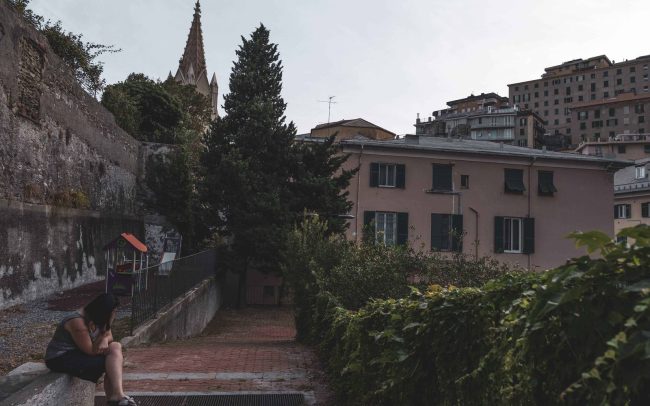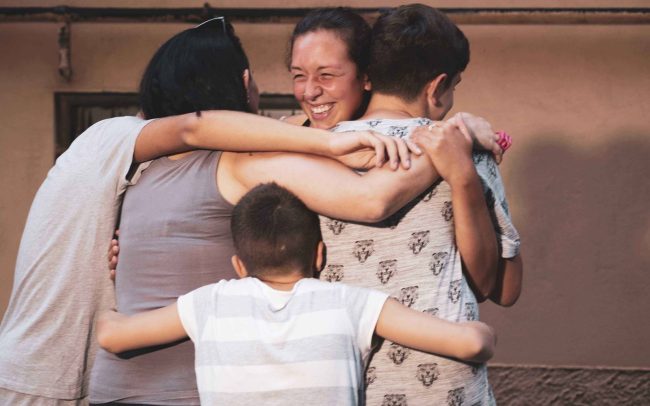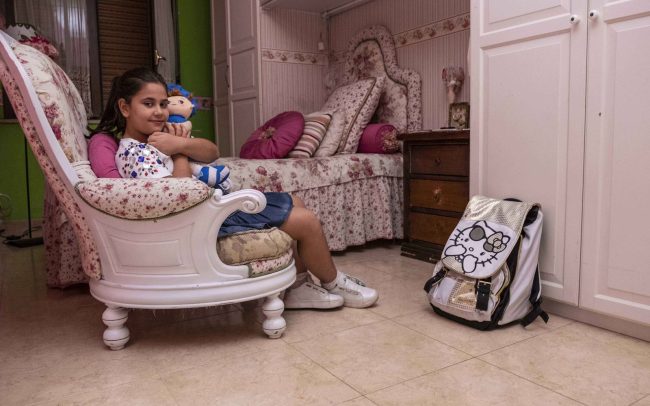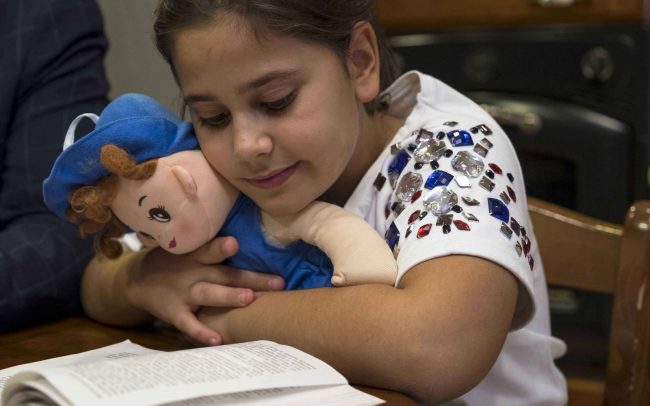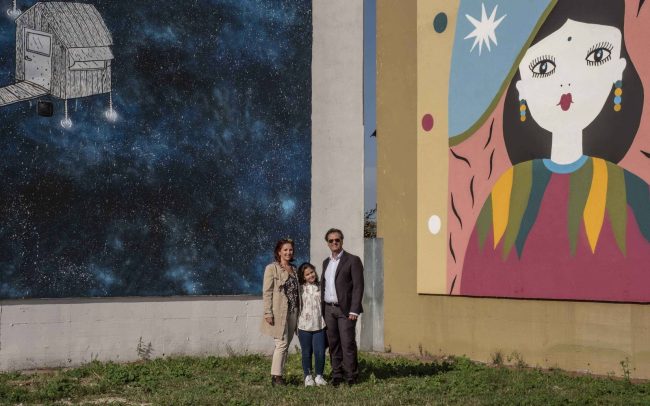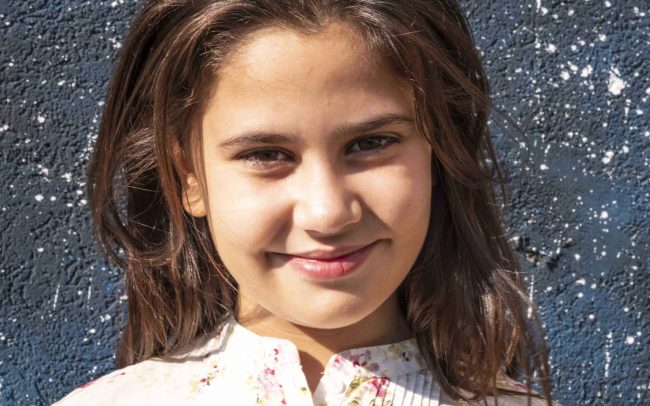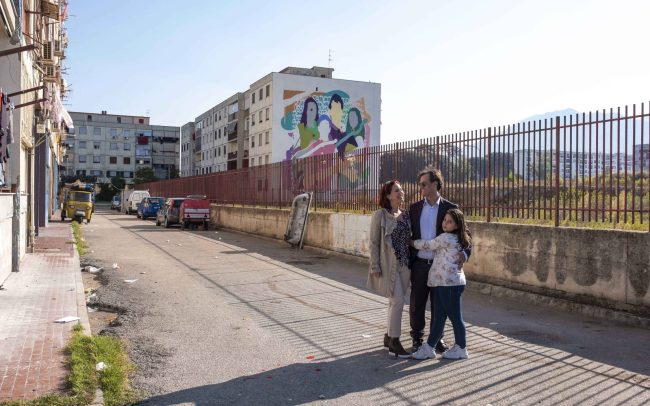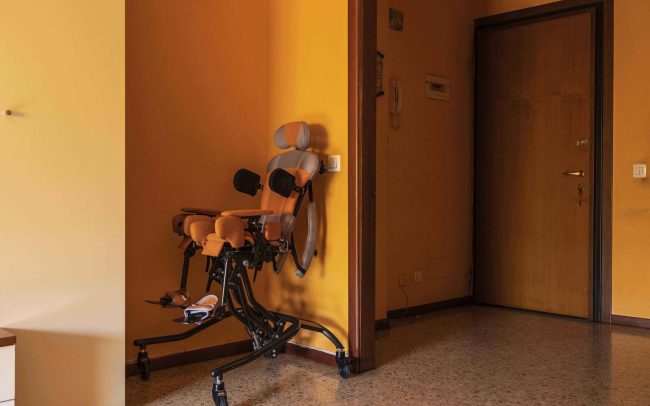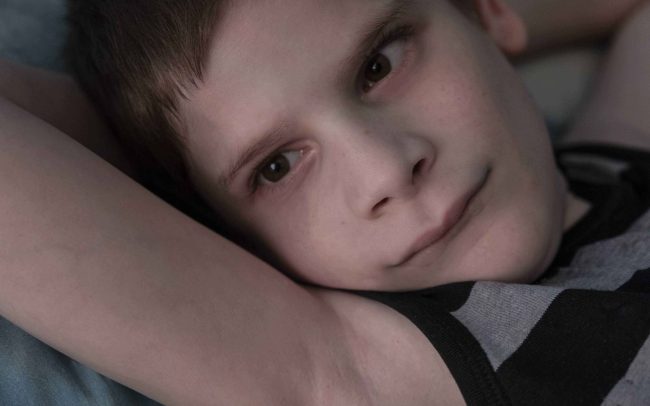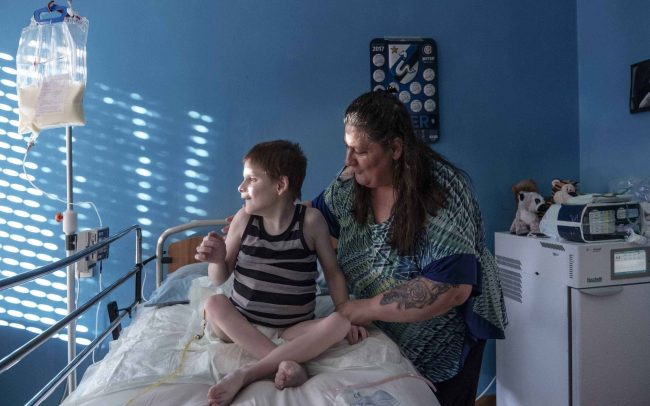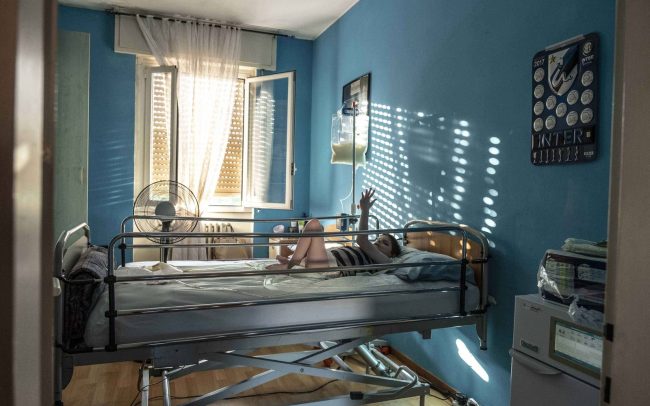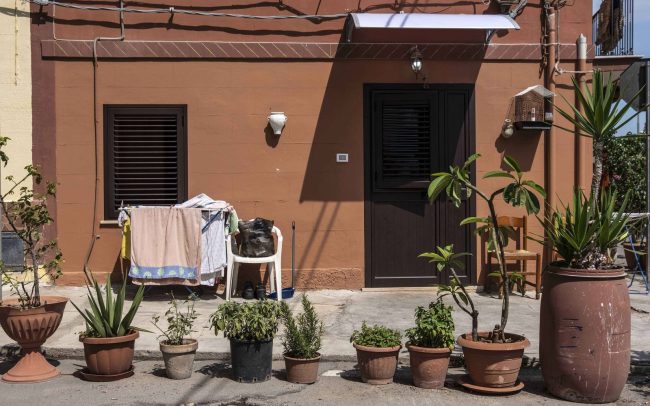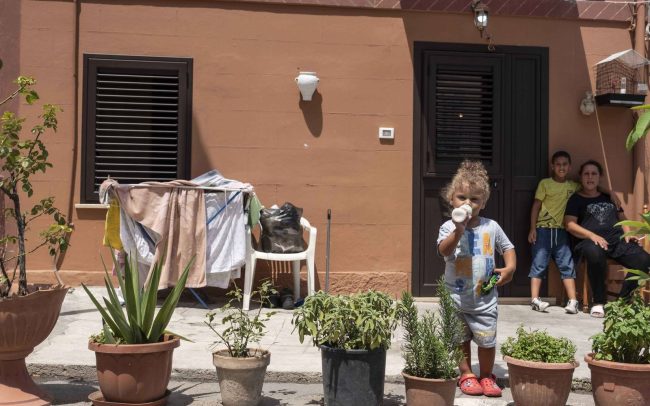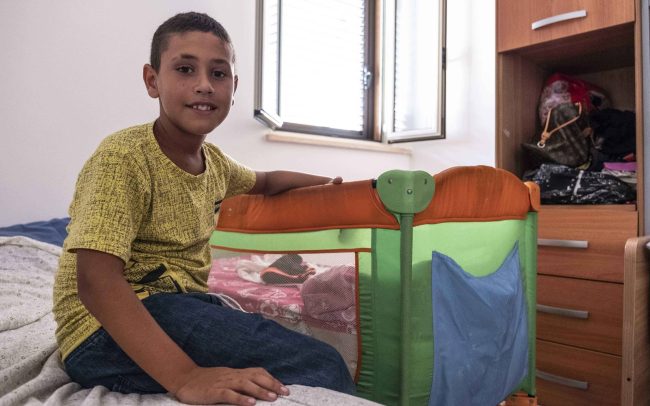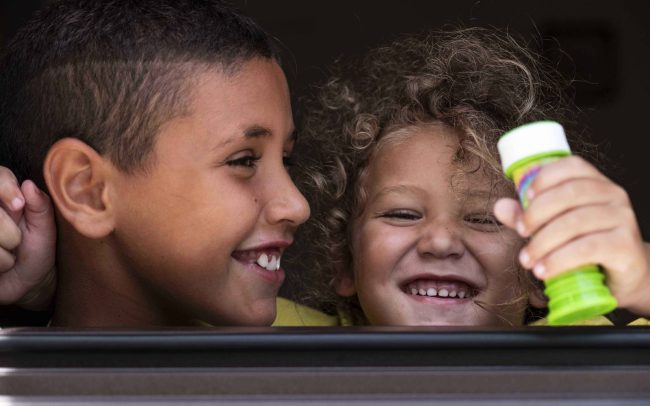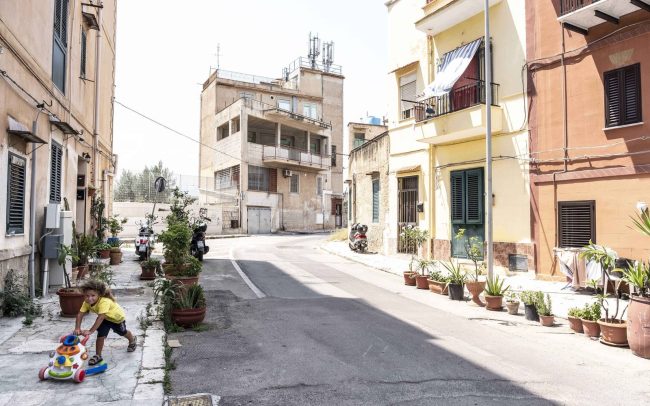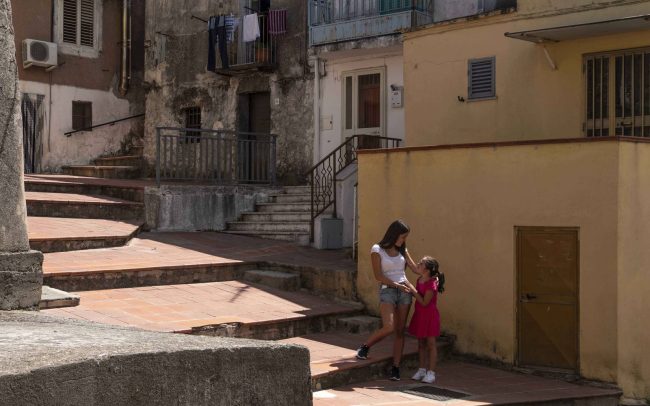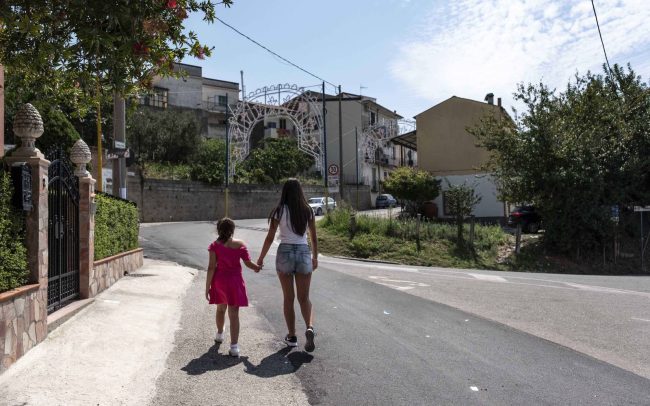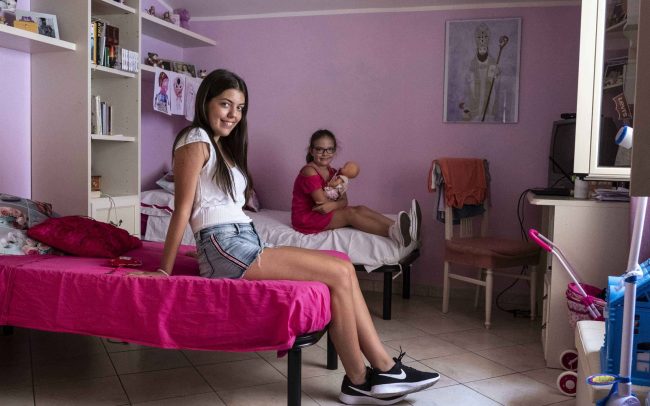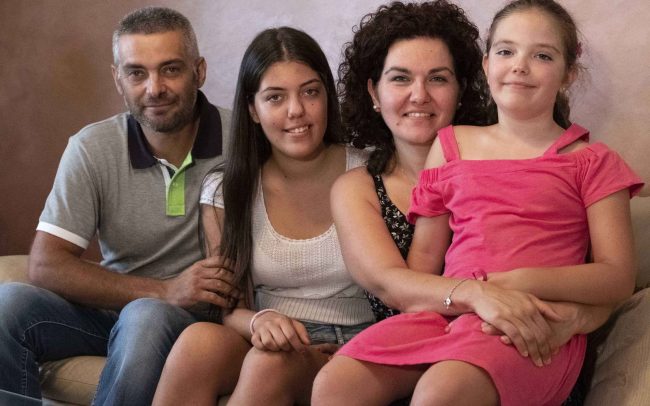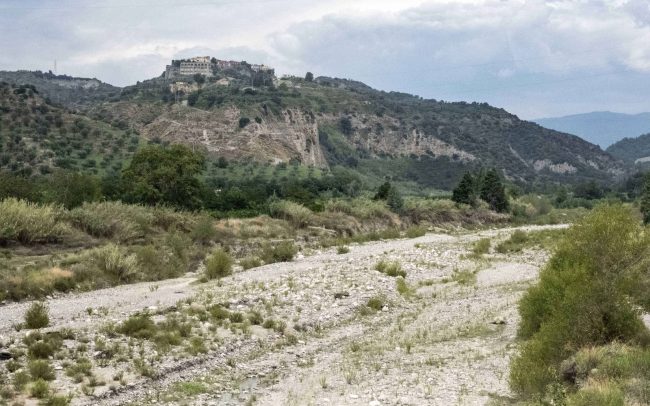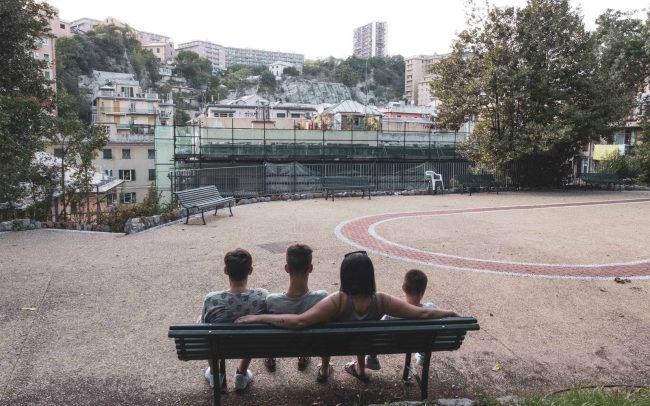POVERI NOI
A TALE OF ITALY’S RESILIENCE
A camera alone is not enough to create a reportage, because, paradoxical as it may seem, that wonderful device capable of capturing life’s most precious and unpredictable moments can become a hindrance if not handled with the necessary grace and respect. One needs to have spent some time observing life through a viewfinder to understand the power one wields when deciding to bring a photographic story to life, where the protagonists are real and the events genuine.
In this work Valentina faced new problems that felt old because Italy, historically a poor country—lacking raw materials, resources, and goods, but rich in creativity and pride—has lost the memory of this condition as if it all belonged to a distant past, long overcome. In our national DNA, the elements of that great social redemption that characterized the period from the late 1950s to the early 1960s are deeply etched. During that time, the intertwining of newfound expressive freedom and extraordinary productive capacity opened the way for Italy to unexpected prosperity and improved living conditions, extending to the lower classes for the first time. Since then, whether or not one has personally experienced those transformative years, poverty has been perceived as a distant, indistinct threat kept far from our horizons.
However, this is not the case. It takes relatively little to slip back, to realize that what was once taken for granted has now drifted away—at first imperceptibly, then more noticeably—and to regain it, one can no longer go it alone but must rely on the help of others. In this case, those others are the operators of L’Albero Della Vita, the nonprofit organization that daily assists the families featured in this exhibit, helping them navigate their way out of difficult conditions. There is dignity in their acceptance, great awareness that transforms into strength, and determination that acts as a driving force. To capture such sentiments in photography, a challenging task, one must get close enough to this way of life to make it, in some way, their own. Valentina Tamborra did just that, establishing a close rapport with five families from different cities, allowing her to delve into their interpersonal dynamics and lay the groundwork for her reportage.
In front of a photograph, people can feel exposed or, conversely, honored with newfound attention, thus regaining the dignity they deserve. It is noteworthy how the author constructs a precise and rigorous method of approach applicable to all situations (the overall view of places, interiors of homes, individual and group portraits) yet flexible enough to adapt to individual characteristics. Even when the exteriors are unattractive, there is never complacency in describing them. Instead, the photographer’s eye captures a stepped path with theatrical power or lingers on a corner of a wall adorned with a mural. When depicting a truly dilapidated street, a careful and meticulous framing choice makes it more dynamic and less unpleasant. It is the myriad interior details that reveal the reality of these families, perfectly aligned with the average taste where everything takes on a tone of sought-after respectability: the somewhat precious children’s rooms, the fridge magnets, the good living room with paintings on the walls, and the round table around which the family gathers, all reflecting a vigorous desire to preserve an outward normalcy.
But then, it’s those sisters walking hand in hand, that mother photographed from behind sitting on the bench with her arms spread wide as if to discreetly protect her children, the sweet smile of the sick child from beyond his bed, those embraces exchanged with a fierce desire to hold each other tight for strength. All this pervades Valentina Tamborra’s work and reaches us as a powerful message.
Because nothing is lost if one decides it is not.
Roberto Mutti

